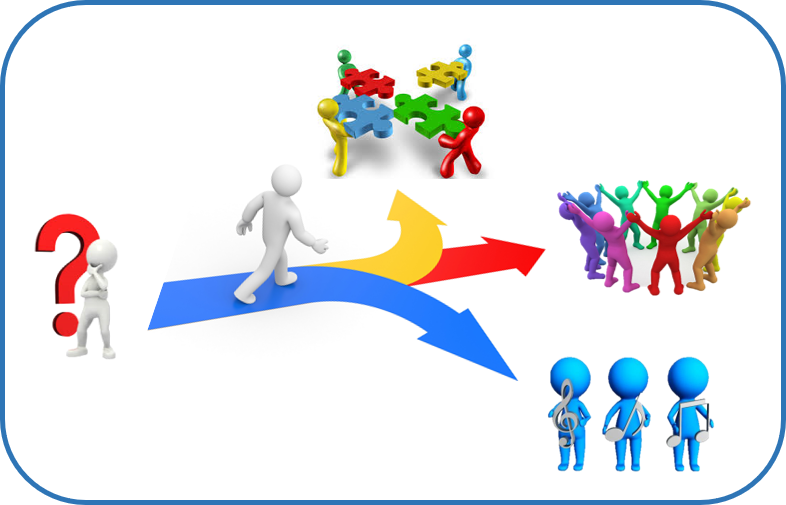Time to Find Community
- Oct 20, 2020
- Kathy Edersheim
- 4 min. reading
“
relationships, challenging work, and connections to community.
Paul Bloom
How can it be that we live in a hyper-connected world with virtually instantaneous communication with anyone anywhere, yet we often feel lonely or isolated? And so many others feel the same way that there is an epidemic of loneliness, compounded by the COVID-19 pandemic.
So much of how we live our lives has been upset by the COVID-19 pandemic. Our social, professional, and cultural interactions have been overturned and re-imagined in ways that were not anticipated or even imaginable. Even the most forward-thinking trend spotters did not foresee how quickly and how completely we would be living in a world of virtual interaction at least for some time.
In many ways, this dramatic shift has proven how committed we are to social interaction and finding those groups that make us feel connected. For many of us, it might be that we are finding old friends and new interests however the overriding drive is to connect and share.
It is well-recognized that as soon as material needs are taken care of, people need people as friends and groups that share their personal interests. Studies show that connection and interpersonal relationships effect cognitive processing and information organization. Personal interaction generates trust. There are countless examples and directives for engaging with others in both research and literature. Social scientists, biologists, and many bloggers research and write about belonging, community, and social structure because it is crucial for social well-being and a strong civil society. Yet very few help us find the mutually supportive entity to make our own life more fulfilling and enjoyable.

So what about you? Each person is a member of many circles and groups such as family, neighborhood, work, school, religious organization, and others with varying depths of engagement. Some of these affiliations are chosen and intentional such as where you live, some are not. Some of these entities are communities with structures, some are not. The crucial element is that we often neglect to think about how we choose our communities to prevent or overcome the epidemic of loneliness nor do we take many steps to strengthen our communities or to direct them. That needs to change, and you can be the agent of change.
We need strong bonds and robust communities to satisfy the demand for belonging and connection. If you are over-committed or under-committed, in a career transition or looking for something more, have a new interest or want to help others, are on your own or are about to retire, or otherwise interested in doing things with other people in a mutually supportive environment, there is opportunity to join or build the community and connections you seek.
You need to take a personal journey to become more mindful of what is important to you and how you spend your time. Then you have to think about how you participate in communities, create community and even, should it be necessary, leave a community. Before you know it, you will have found a new community of others sharing the adventure of life.
